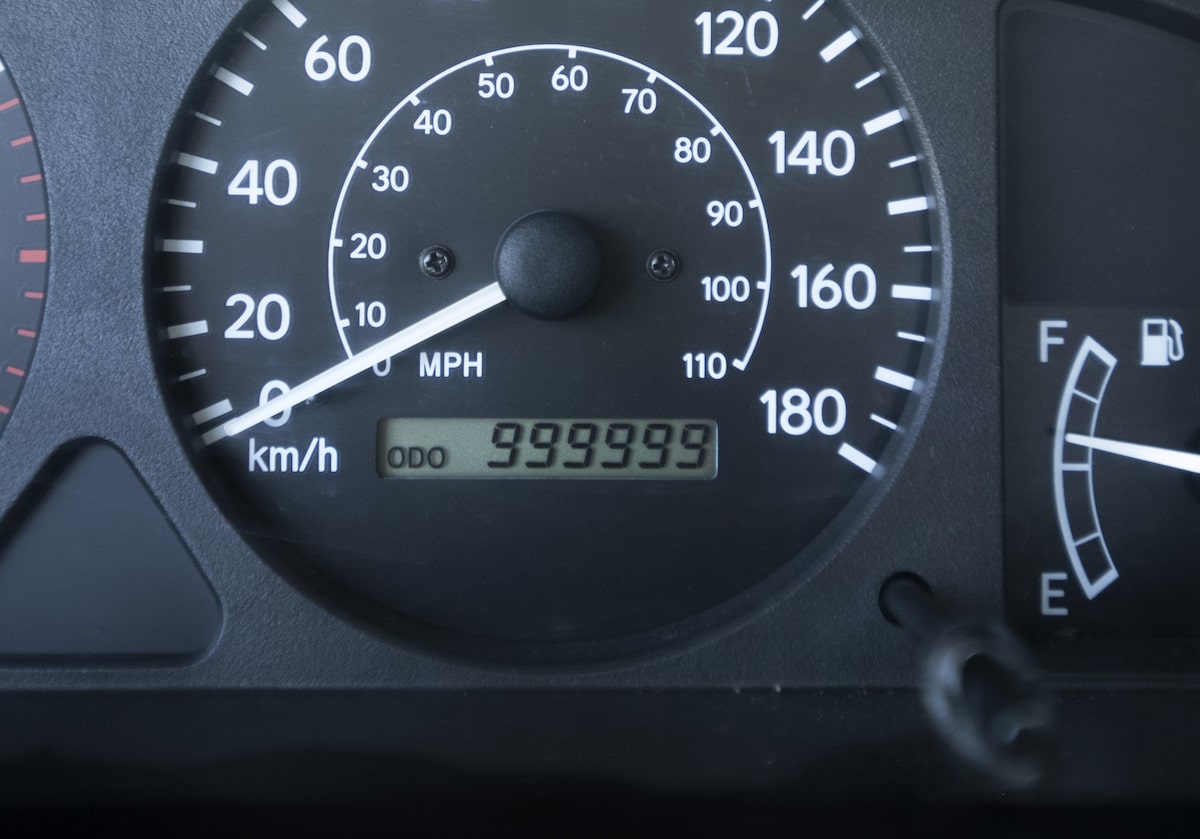
I was ready to buy a new EV from a dealer. Before I came in to sign, I had them email me a copy of the sales agreement so I could send it to my insurance company and get the car insured. I noticed that it listed the mileage as 2,800 kilometres, even though the car was listed as new on the website. I’d taken the car for a test drive one evening, but I didn’t think to look at the odometer on a new car. I then asked whether it had been a demo and they said it was new because it had never been licensed or insured. They said it had high mileage because “it had been in their inventory for a few months.” Then they said the warranty had started nearly six months before. None of this had been mentioned before I’d asked. I didn’t take the car. So, how many kilometres can a car have on the odometer and still be considered new? – Jason, Edmonton
Your brand new car may not be all that new, experts say.
Under provincial regulations, there are no limits on how many kilometres a car may have on the odometer when sold as new.
Instead, a vehicle is considered new until someone registers it. That’s typically the first buyer, but it could also be the dealer if the car is being used as a demo model.
“A new vehicle would have a New Vehicle Information Statement (NVIS) for the consumer to take with them to register the vehicle [with the province],” said Laura Meador, a spokeswoman for the Alberta Motor Vehicle Industry Council (AMVIC), which regulates car dealers in Alberta. “If the NVIS had previously been used to register a vehicle, then that vehicle must be identified as used, regardless of the odometer reading.”
So if a dealer tells you that a car that’s already used up six months of its warranty coverage is “new,” they’re probably not being honest, said Shari Prymak, a senior consultant with Car Help Canada, a Toronto-based non-profit organization that helps drivers find cars and negotiate purchase agreements.
“The warranty for any new vehicle begins when it is registered, whether by the dealer or by the customer. If the vehicle has not been registered, then it is considered brand new and will have a full warranty.”
When it comes to mileage, predelivery checks of a new vehicle might account for up to 100 kilometres on the odometer, he said.
That maximum is not capped by any law, but it’s sometimes listed on the sales contracts.
“What really matters is what is in writing on the contract.” Prymak said. “If the contract has all the correct information about the vehicle, including the correct mileage, registration date and balance of warranty remaining, then it is up to the customer to read and understand the contract being signed.”
Mileage may vary?
While dealers and buyers have different ideas of how many kilometres a new car should have on the odometer, anything more than 1,000 kilometres is “brazen,” said George Iny, president of the Automobile Protection Association, a national pro-consumer advocacy group with offices in Toronto and Montreal.
“To a car dealer, [new] means a vehicle was never registered in someone else’s name or plated as a dealer service loaner,” Iny said. “To a consumer, new means fresh from the factory, not driven except for the short distances for [shipping and unloading] – that would be under 50 kilometres.”
Dealers often register new vehicles for personal use or for customer test drives, Prymak said. “When they do this, the vehicle automatically becomes a demo and is considered a used vehicle.”
In fact, with the continuing shortage of many new and used cars, it’s common for car dealers to register new vehicles that are in high demand so they can sell them for more than the manufacturer’s suggested retail price (MSRP), Prymak said.
Their target is the customer who needs a specific vehicle and doesn’t have time to order one and wait months for it to arrive.
“When a vehicle is sold as a demo, the dealer can ask whatever price they like, because it is treated as a used vehicle,” Prymak said. “So it can be very profitable.”
How do you make sure your new vehicle is, well, new? Check the odometer and read the bill of sale carefully before signing,
In Alberta, for instance, provincial regulation states that a bill of sale has to include the odometer reading at the time you sign, “if the vehicle has an odometer and the odometer reading is available to the business operator,” Meador said.
“When a dealer has accurately disclosed information on the bill of sale, it becomes very difficult to argue once a consumer has signed it,” Ontario’s Motor Vehicle Industry Council (OMVIC) said in an email statement.
While you could sue the dealer, it could be tough to get a court decision in your favour, OMVIC said.
If a customer signs without noticing the odometer reading on the contract, then “the customer is on their own in most provinces,” Iny said.
Have a driving question? Send it to [email protected] and put ‘Driving Concerns’ in your subject line. Emails without the correct subject line may not be answered. Canada’s a big place, so let us know where you are so we can find the answer for your city and province.
